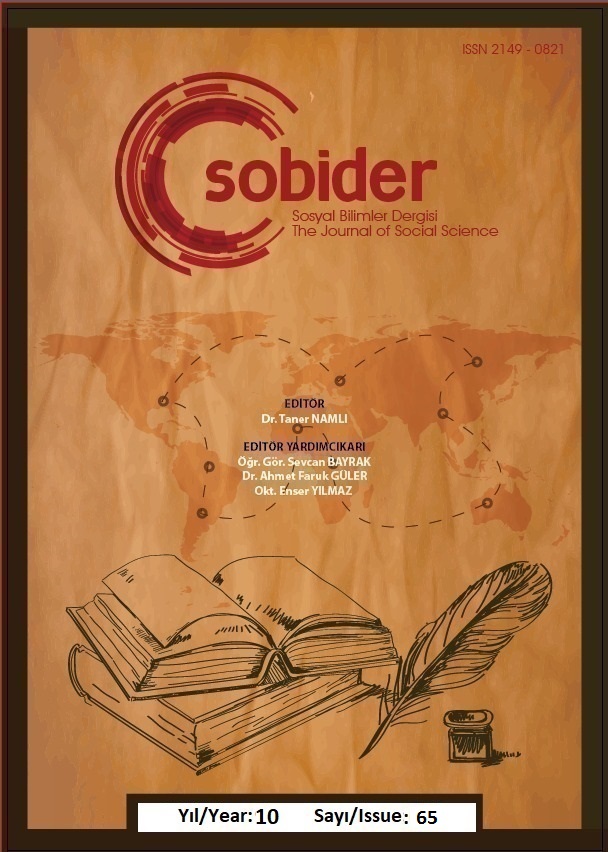Author :
Abstract
الملخَّص: الفُضولىُّ فى اصطلاح الفقهاء من يتصرف في حق غيره بغير إذنٍ شرعي، بأن لم يكن أصيلاً ولا وكيلاً ولا ولياً في العقد. واختلف الفقهاء رحمهم الله فى حكم بيع الفضولى وشرائه على قولين؛ صحّحه قوم موقوفاً على إجازة المالك، ومنعه آخرون بتاتاً.
وذكرت فى هذا البحث محلَّ الخلاف لدا المجتهدين وأدلتَهم و وجوهَ الدلالة فيما استدلوا بها، والتعليلَ إن كان، مناقشاً علي أصولهم، مستفيدا من كتبهم الموثوقة الأصيلة عندهم. وذلك المنهج العلميُّ المبتكرُهوعين الفقه لدا الإمام التابعي النعمان رضى الله عنه، ولكل فقيهٍ وِجهة نظرٍ في فهم النصوص واستباق الخيرات، والله الموفِّق.
Keywords
Abstract
The word fudûlî/fuzûlî in the terminology of jurists means the person who disposes on behalf of another person, although he does not have the authority to make legal permissions and contracts, such as guardianship, power of attorney, tutelage and trusteeship. There are two different views on the ruling of Fudûlî's trade. The first view is that the disposition of a fudûlî is permissible depending on the permission (mawkuf) of the person who has the disposition of someone else. The second view is that it is absolutely not permissible for a fudûlî to trade on behalf of someone else. In this study, the points of disagreement between mujtahids who belong to both views, the evidences they rely on when making judgments and the methods of dalala are examined. The views of each sect are discussed and examined in accordance with the principles of fiqh, making use of their own reliable sources. The founder of the science of fiqh, the tâbiî imam Ebû Hanîfe Numan b. Thabit radiyallahu anh is about the principles mentioned in this article, “These are the essence of fiqh.” uses the phrase. Of course, each jurist has his own method and method when understanding the texts and making judgments from them.





